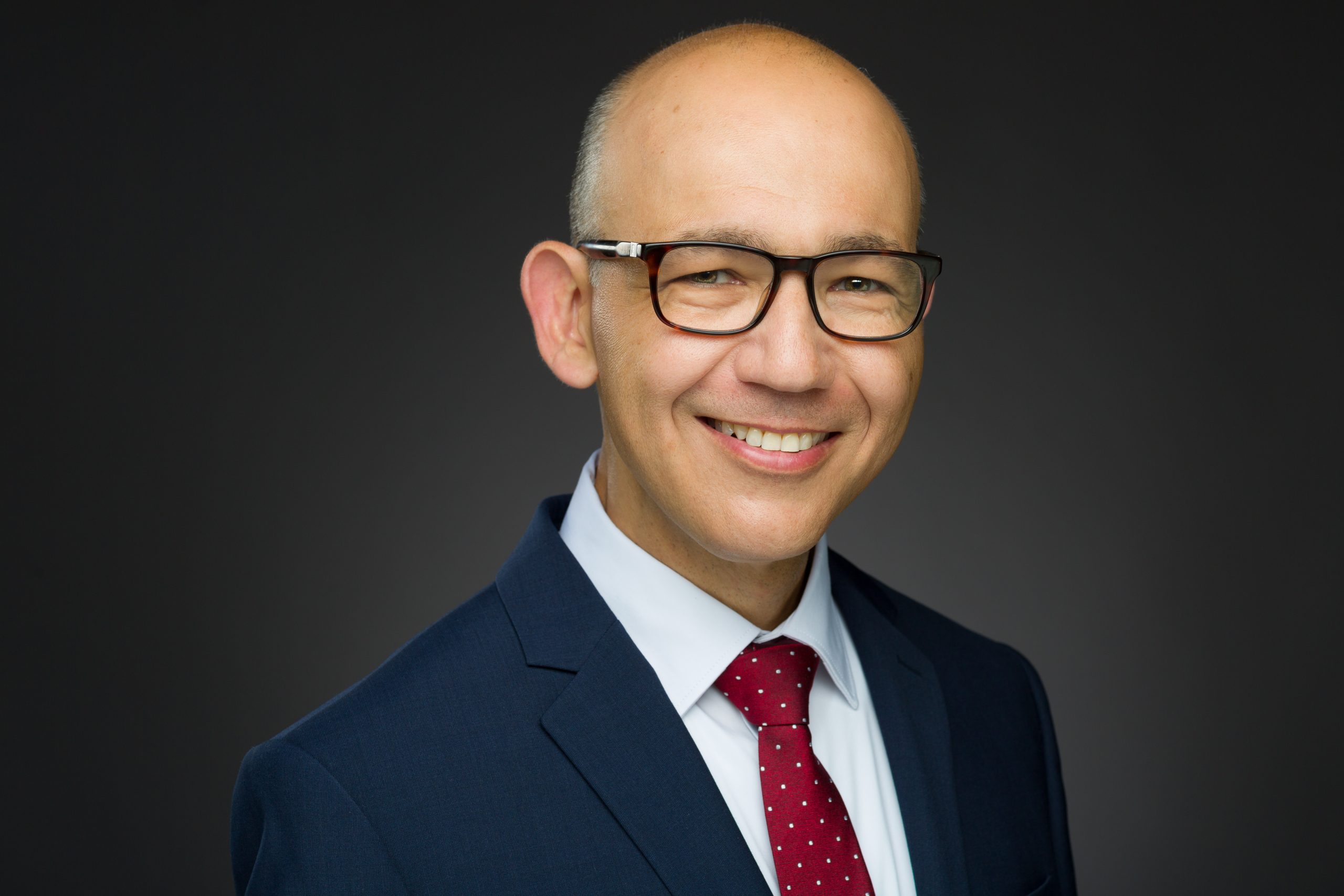Physicians generally move into leadership roles because they’ve been successful. And that success brings with it a bit of….let’s just say “confidence.” Walking into that first leadership role, it’s easy to think “I’m here because I’m the best.” Years of experience in the field can make it easy to feel like a seasoned veteran and at times, well a bit cocky. That’s why it’s essential to step back and realize you’re the new kid on the block in the world of leadership — and there, much to learn.
Becoming trained in the finer points of leadership is beneficial and it’s a safe bet to say that those transitioning into leadership are best served by coaching that they seek out rather than any that is required of them. Onboard coaching is an emerging field that shows promise with some organizations using a small group model, rather than one-on-one coaching, to provide a network of support to new leaders.
These programs are worth seeking out. But for now, let’s talk about three key lessons for new leaders to learn from.
- Learn to Listen to Your Gut
We all could probably think back and recall a few stories of times we decided to ignore our gut and rely more on what looks good on paper than what our intuition was telling us. Most times the end result isn’t ideal. In leadership, you’ll be better served by listening and respecting that voice in your head. Whether it’s a new hire or a budgeting decision, our initial gut feelings need to be heard. That’s not to say you shouldn’t do the work and the analysis and examine all the facts. But many times you’ll be asked to make a decision that doesn’t involve black and white facts. And that’s where you’ll need to have the confidence to trust your instincts.
As physicians, we can be so fact and knowledge-driven, that when faced with a decision, we dig in and decide that if we work the problem long enough, we’ll come to the right answer. This can drag out the process and be exhausting. And at the end of this grueling process, you might not be any closer to your magical “right” answer. Unlike in medicine, in leadership, study doesn’t reward us with effectiveness. And our long research phase can deceive us into thinking we’ve put the time in and have earned the right decision. And many times, we just don’t get it.
- Clinical Strengths Can Be Leadership Weaknesses
It’s important to remember so much of what we do as leaders doesn’t have a great answer. You’re only working in shades of grey and there has to be a different approach for situations like that. Neither choice may be wrong. It can be a hard concept to grasp, for instance, that two people can have widely different views of the same exact topic, and both be correct at the same time. But it is true, because there’s truth in each person’s viewpoint.
Trusting your gut doesn’t mean however that you take your strengths and dig your heels in. Instinct isn’t insight without taking a step back and getting perspective. Sometimes a strength, when taken too far can actually be a weakness. If you can take a step back, not let a situation trigger you and look at it in a different manner, that moment can be critical to your decision making.
- Your Clinical Experience is a Gift
Clinicians and all physicians for that matter have the unique perspective of being the connection to the patient. Of all people in the C Suite, the clinicians are the ones who will be keeping the patient’s voice on the agenda. Patients need this voice, they need your help. You’re the person that’s able to relay their needs and remind others in the room that this is what we’re here for.
Keeping that patient/provider relationship as the underlying core of the entire healthcare system and front of mind, is a unique element that clinicians bring to leadership roles.
Although you may not be treating a patient directly anymore, you have an awesome ability to impact more patients in your leadership role. Being both a physician and a leader puts you in a unique position. Use that intimate knowledge when you have the opportunity. And that also includes supporting physicians to help them stay connected in the ways they can positively impact families.
As a physician leader, the opportunity is there and it’s a great opportunity for you to truly influence others in your organization and in the field as a whole. As physicians, we’re conditioned for one-on-one contact and that’s how we measure our impact, on that person in front of us, our patient. That’s how we’re used to measuring our impact. But, the ability to expand that on a much larger level is no less impactful. Your impact is needed. We need more physicians, we need more clinicians in leadership to be that voice for the patient, to be that advocate in the room.



Leave A Reply